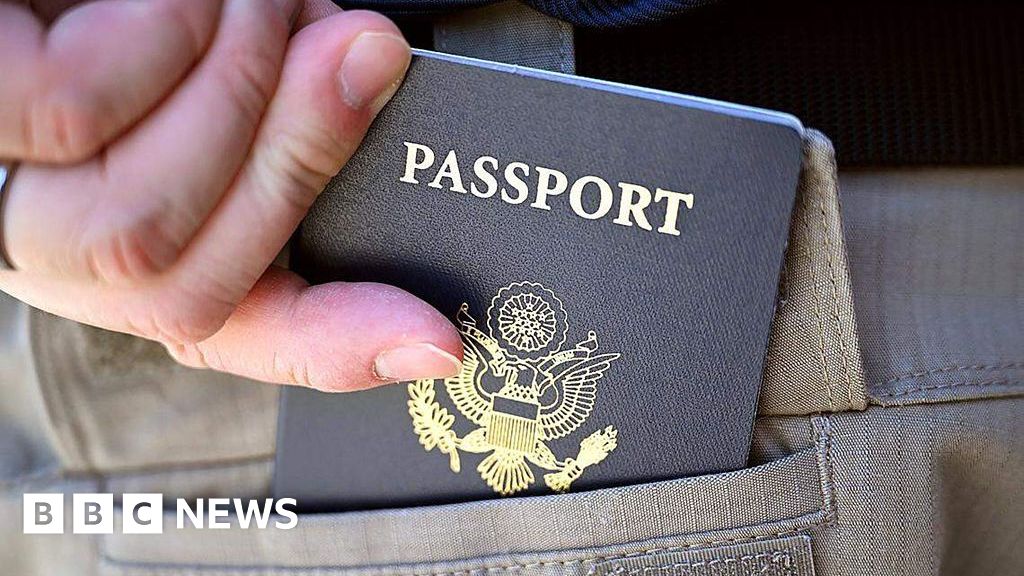Mali’s New Visa Bond Requirement for U.S. Citizens: A Closer Look
In a significant shift in diplomatic relations, Mali has recently announced that U.S. citizens visiting the West African nation will be required to post a bond of up to $10,000 (£7,500) for both business and tourist visas. This move is a direct response to policies implemented by the Trump administration, reflecting the increasingly complex dynamics between the two countries.
The Context Behind the Bond Requirement
The new visa policy stems from a reciprocal strategy by Mali’s government aimed at addressing perceived inequities in U.S. immigration policies. Following the Trump administration’s imposition of stricter measures on immigration and visa requirements, Mali has opted for this bond requirement as a retaliatory measure. The U.S. embassy in Mali emphasized that this fee underscores Washington’s commitment to “protecting America’s borders and safeguarding U.S. national security.”
Mali’s Foreign Ministry Statement
In an official statement, Mali’s foreign ministry articulated that the bond requirement was imposed unilaterally and characterized it as a necessary step to establish what they termed “an identical visa program” for U.S. citizens. This indicates a broader sentiment in Mali to ensure that U.S. nationals face similar repercussions as those imposed on Malians by the U.S. administration.
Recent Developments in Diplomatic Relations
Despite these new measures, there have been ongoing diplomatic endeavors aimed at improving relations. In July, U.S. officials visited Mali to discuss collaborative efforts in counterterrorism and economic partnerships. Topics of discussion included access to Mali’s significant mineral resources, including gold and lithium, showcasing an interest in mutual economic benefits.
The Broader Impact of Political Transformations
Diplomatic relations have grown more tense following the coup in Mali in 2021 that brought General Assimi Goïta to power. His pivot towards Russia to combat increasing jihadist threats has further complicated matters. The pivot included expelling French troops and aligning with mercenaries from Russia’s Wagner Group—though these have recently been replaced by the Africa Corps. This shift marks a significant departure from Mali’s traditional alliances and raises questions about its geopolitical orientation.
Responses from Neighboring Nations
Adding to the complexity, Burkina Faso’s military government recently made headlines by refusing to accept deportees from the U.S., following Washington’s suspension of visa issuances in that country. Foreign Affairs Minister Karamoko Jean-Marie Traoré openly criticized the U.S. approach, suggesting that it resembled forms of “blackmail,” particularly after rejecting U.S. proposals concerning the acceptance of migrants from third countries.
The Historical Framework of U.S. Immigration Policies
The Trump administration’s immigration strategies harbor a broader context rooted in a historical perception of African nations as potential destinations for deported migrants. By imposing restrictive measures, the administration aimed to reinforce its crackdown on immigration, yet these policies have far-reaching implications that resonate internationally, especially in key diplomatic engagements with African states.
Conclusion
Mali’s new bond requirement for U.S. visitors symbolizes a pivotal moment in the evolving relationship between the two nations. Amidst efforts to enhance diplomatic ties, this move reaffirms the complexities born from domestic policies and their international ramifications—an issue that continues to shape the contours of global diplomacy and immigration.



